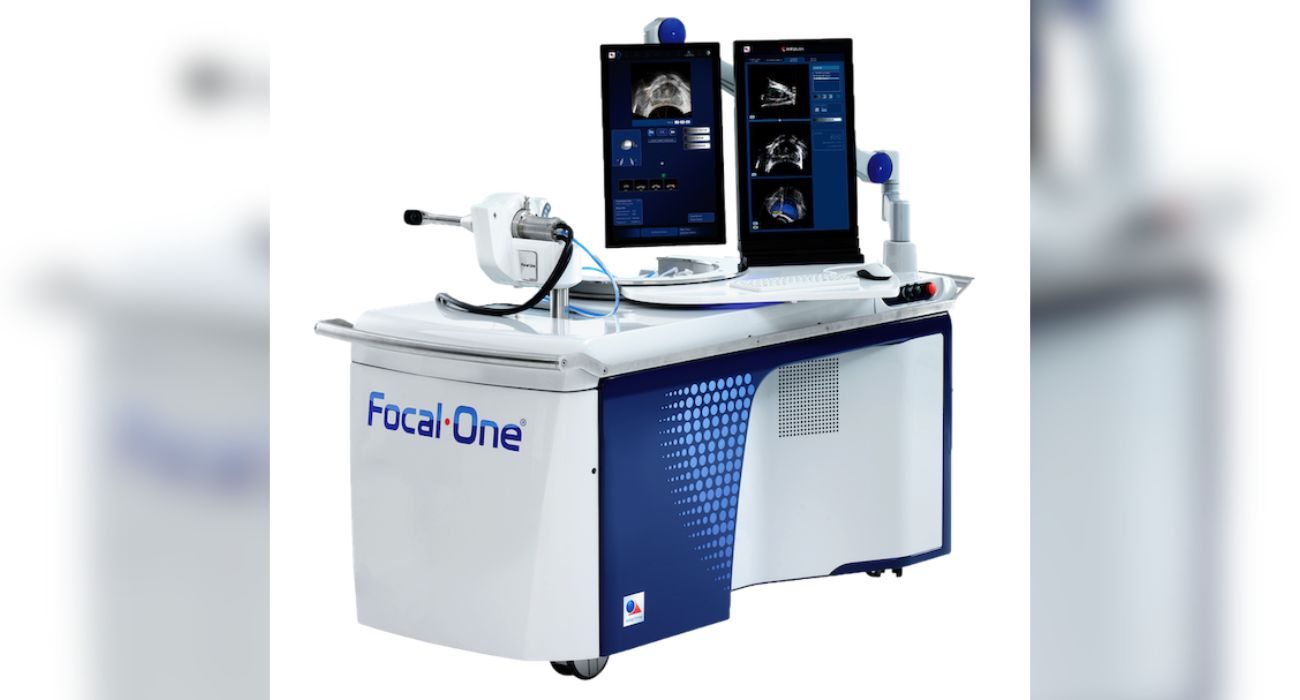Superbugs have been found in grocery store meats.
Researchers from the University of Santiago de Compostela-Lugo in Spain released the results of a study conducted on common types of meats found in supermarkets. This research was presented to this year’s European Congress of Clinical Microbiology & Infectious Diseases.
Scientists in the study analyzed 25 samples each of pork, beef, chicken, and turkey. Each of these samples was sourced randomly from grocery stores in Spain.
Researchers discovered that 40 out of 100 of these meats were contaminated with drug-resistant forms of E. coli, with nearly 50% of samples containing drug-resistant forms of E. coli and/or pathogenic forms of the bacteria.
Escherichia coli (E. coli) is a type of bacteria that inhabits the intestines of humans and animals. The CDC reports that while most forms of the virus are harmless and, in some cases, beneficial, others are pathogenic.
Certain strains of this pathogen, like many in recent years, have become increasingly more resistant to antibiotics and thus classified as superbugs.
The United Nations has labeled superbugs a newly emergent global threat, as previously reported by The Dallas Express. The U.N. placed some of the blame for the emergence of these pathogens on chemical and biological pollution.
The CDC labels E. coli as one of the most common causes of healthcare-associated infections (HAIs). About 10% of strains were rated as resistant in 2020, with about 1,500 resistant isolates found out of 15,000 tested in the same year.
The current threat level has not been rated.
Researchers in this new study discovered that E. coli was mainly found in chicken and turkey products. Scientists accounted for this discrepancy in different slaughter and production practices.
This is not the first time that these pathogenic microbes have been discovered in grocery food items. Researchers tested raw meats in Ghana in 2020 and described the contamination due to drug-resistant E. coli as “unacceptable.”
Dr. Azucena Mora Gutiérrez, one of the authors of this new study, said in a statement that “farm-to-fork interventions” would be necessary to protect people from infection but that consumers also play an important role, reported Fox 4 News.
“Advice to consumers includes not breaking the cold chain from the supermarket to home, cooking meat thoroughly, storing it properly in the refrigerator and disinfecting knives, chopping boards and other cooking utensils used to prepare raw meat appropriately to avoid cross-contamination,” said Gutiérrez, according to Fox 4 News.







E. coli is such a resilient, hard-to-kill microbe, that it is very often used in creating genetically modified (GMOs) foods.
I think that factory farms (livestock, pork, chicken) are worst affected with E. coli situations, because of the unnatural situation animals find themselves in and unnatural diet.
They are already putting mRNA into grocery store meat. The so-called “vaccine” we tried so hard to avoid is now in your protein sources. Find meat markets who own their own herds.